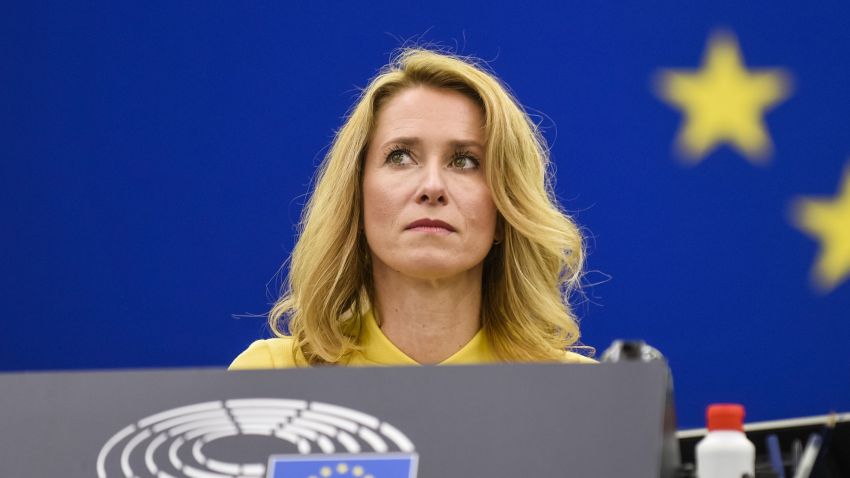It is not polite, as Estonian Prime Minister Kaja Kallas put it in June, to say, “I told you so.”
But the fact is, the West had a “Russia problem” long before it had a “Putin problem.” The Baltic states warned Europe and the rest of the world about this. The world didn’t listen. And other people, mostly Ukrainians, have paid a horrible price as a result.
It started long before the Russian invasion of Ukraine. Throughout the Cold War, the Baltic states always understood the profound illegitimacy of the Soviet Union’s imperial project. While some in the West sought the cynical compromises of realpolitik, Estonians, Latvians and Lithuanians continued armed resistance to Soviet occupation well into the 1950s. Throughout the years thereafter, they harbored active dissident movements that burst into public view as soon as the carapace of repression lifted. The aim of these movements was blazingly, unfashionably simple: freedom.

